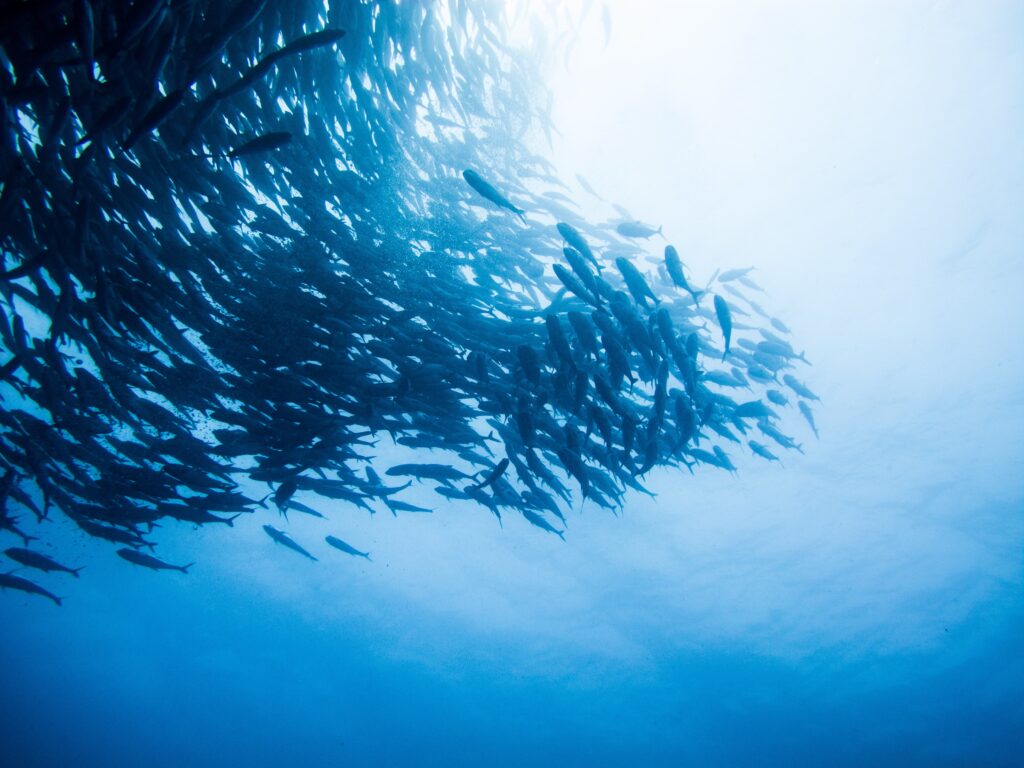Blue economy is a term used to describe the sustainable use of ocean and coastal resources to create economic growth while preserving the health of the ocean and marine ecosystem. It includes various sectors such as marine transport, offshore renewable energy, fisheries, aquaculture, coastal tourism, and oceanographic research.
According to the World Bank, the blue economy has the potential to be a significant contributor to global economic growth. In 2018, the ocean economy was estimated to be worth approximately $1.5 trillion, with the potential to double by 2030. Additionally, it is estimated that the blue economy will create over 40 million jobs worldwide by 2030.
What are some examples of Blue Economy?
- Energy: The blue economy offers an opportunity to transition from fossil fuels to renewable energy sources, such as wind, tidal, solar, and geothermal. These sources reduce greenhouse gas emissions and do not pollute the air or water. However, this transition requires a significant investment in new infrastructure, technologies, and R&D.
- Jobs: The blue economy creates jobs in sectors such as marine transportation, offshore renewable energy, and sustainable seafood. Boosting the blue economy can help developing countries increase revenue, reduce their debt load, and develop sustainable coastal tourism.

- Food: The blue economy recognizes the critical role of oceans in providing resources for life, such as sustainable seafood. The United Nations and the European Union have outlined a blue economy strategy that aims to increase the sustainability of activities involving the ocean and reduce human impact.
- Tourism: A strong and growing marine-oriented economy can contribute to sustainable coastal tourism, which can be a great source of income for countries and improve the quality of life for citizens. It can also help protect the environment from harmful algal blooms and other environmental concerns.
In addition, the blue economy can contribute to mitigating some of the planet’s most severe climate impacts by protecting and developing marine and coastal resources. This requires cooperation across sectors and between governments and industry partners, as well as an investment in science and innovation to develop nature-based solutions to adapt to sea level rise, depollute areas, or fight eutrophication.
- About the Author
- Latest Posts
A passionate advocate for all natural and sustainable ideas. With a background in sustainable economics science and a deep love for nature, Sojy has dedicated his career to promoting eco-friendly practices and encouraging others to live a more sustainable lifestyle. He is an avid hiker, gardener, and cook, and loves experimenting with natural ingredients in his recipes and lifestyle routines. Sojy believes that small changes can make a big impact and is constantly seeking out new ways to reduce his carbon footprint and inspire others to do the same



